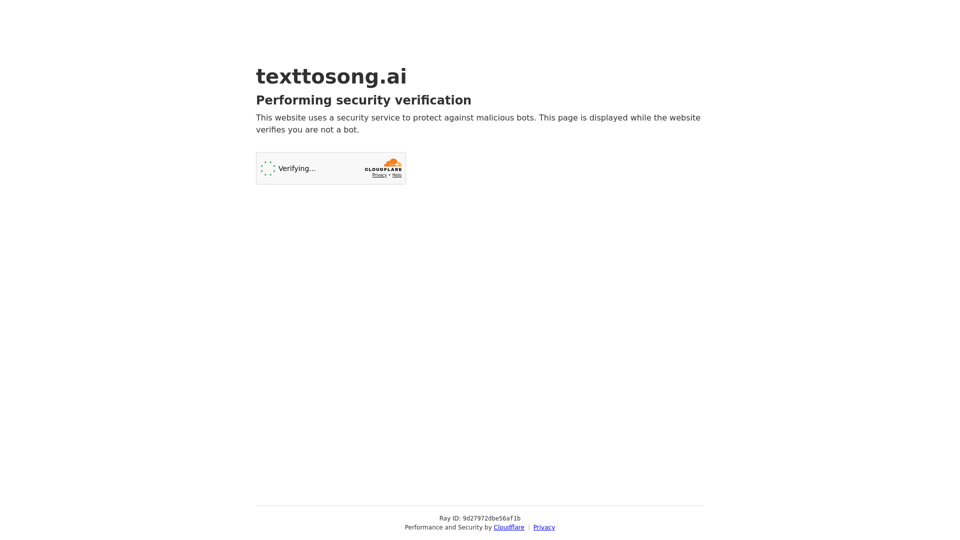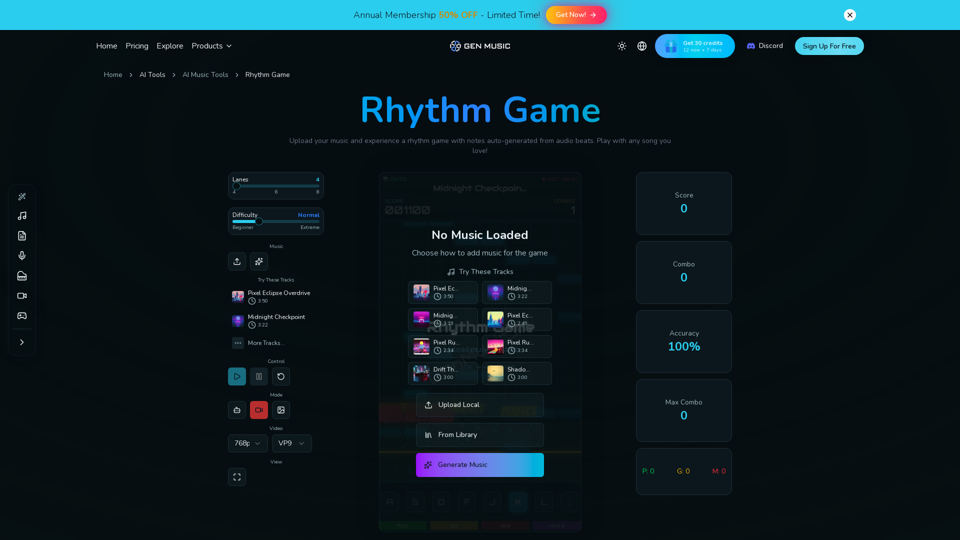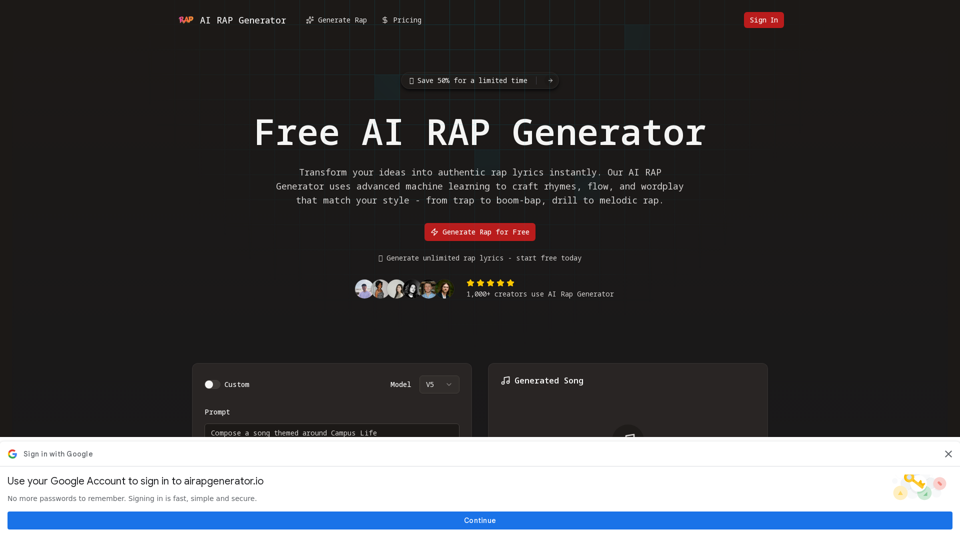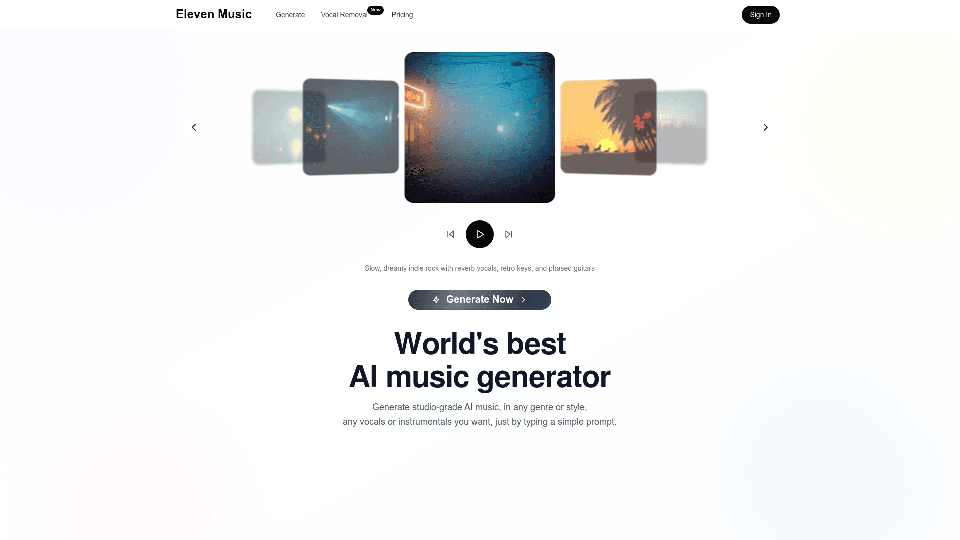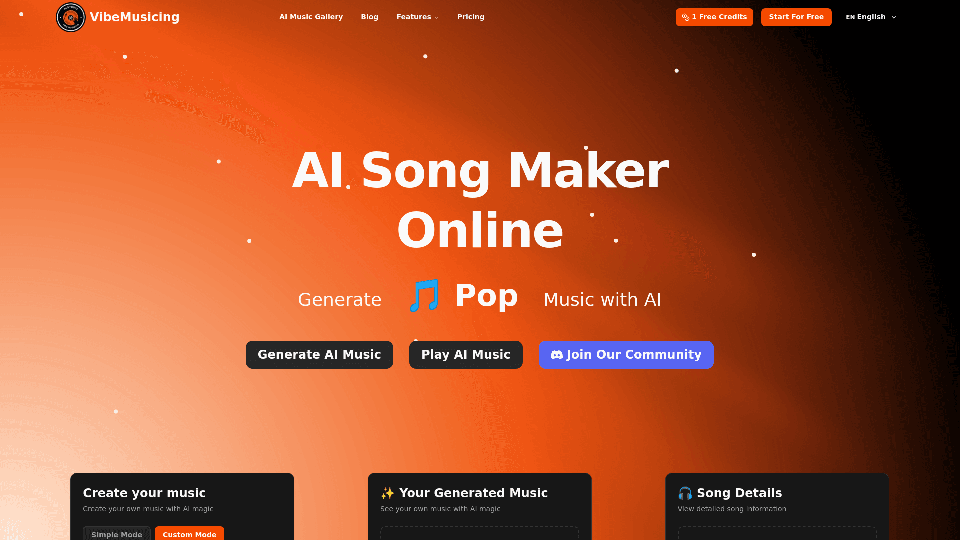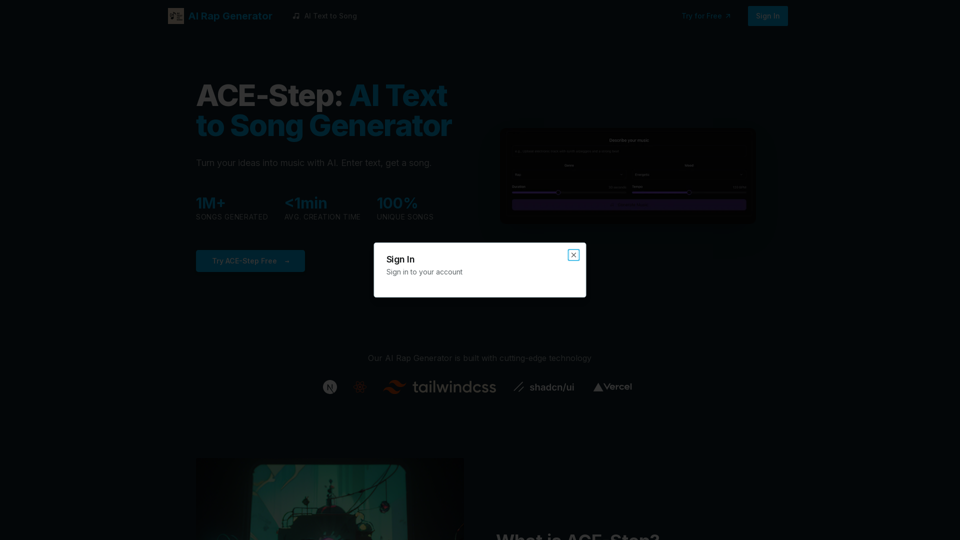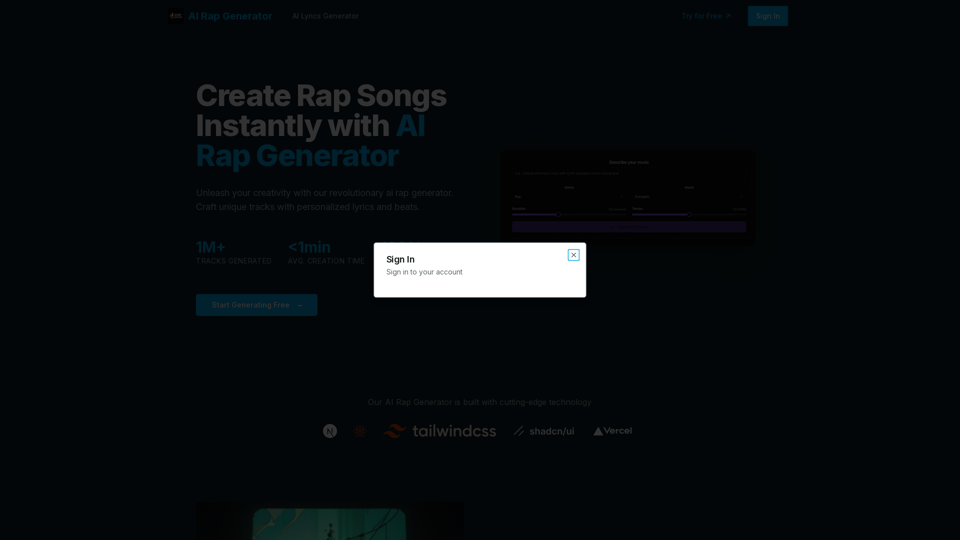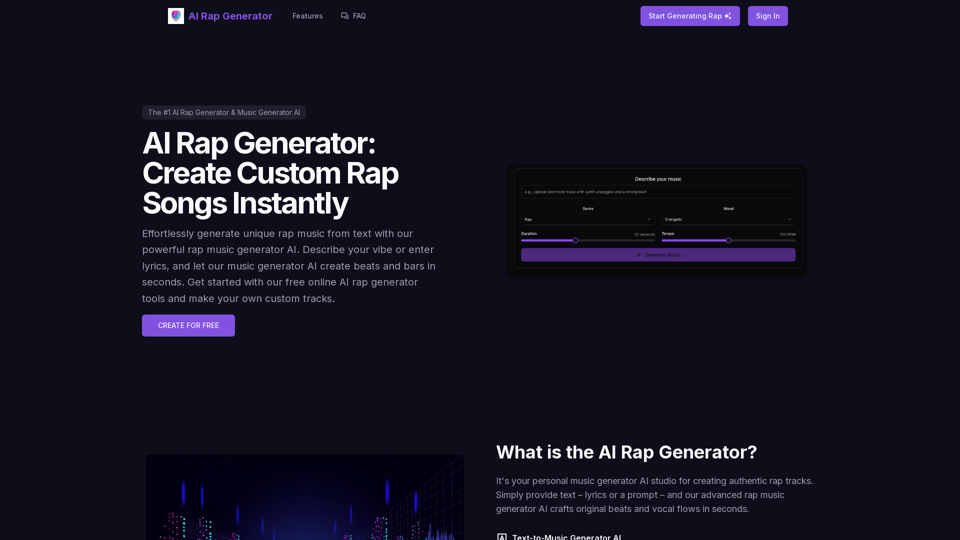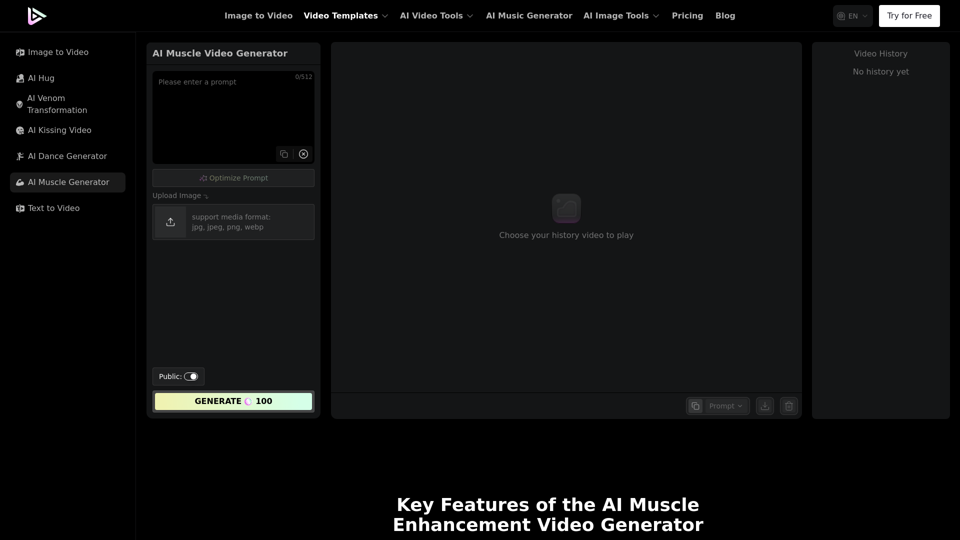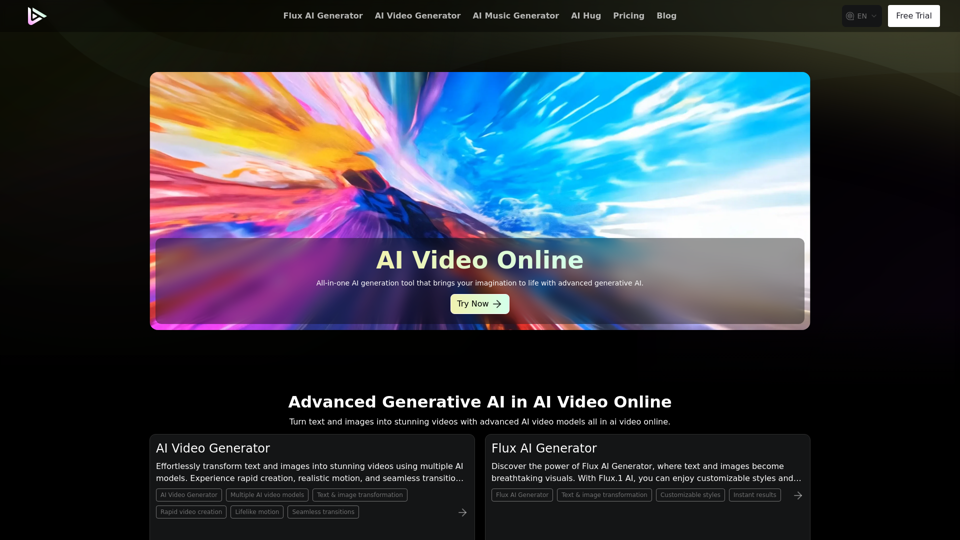What's Text to Song AI?
Text to Song AI is a cutting-edge technology that transforms written text into musical compositions. By utilizing machine learning algorithms, these AI systems analyze the text to discern its sentiment, structure, and rhythm, subsequently generating a melody that aligns with the words. This innovative approach allows for the creation of songs that feel as though they were crafted by human musicians, making music creation more accessible to everyone.
Benefits of Text to Song AI
1. Accessibility
- Enables anyone to create music without extensive musical training
- Simplifies the songwriting process with easy-to-use platforms
2. Creativity
- Encourages experimentation with various musical styles and elements
- Opens new possibilities for songwriting and composition
3. Efficiency
- Reduces the time and complexity involved in traditional songwriting
- Ideal for content creators needing regular music production
4. Customization
- Offers a wide range of musical genres and styles for personalized compositions
- Allows users to tailor songs to their specific preferences
5. Cost-Effective
- Provides a budget-friendly alternative to hiring professional musicians
- Creates high-quality music without significant financial investment
How to Use Text to Song AI
Step-by-Step Process:
- Text Analysis: The AI examines the text to understand its themes and emotions.
- Melody Generation: Based on the analysis, it creates a melody that complements the text.
- Synchronization: Ensures seamless integration of the melody with the text.
- Final Output: Produces a complete song ready for sharing and enjoyment.
Popular Platforms:
- Voicemod: Known for voice modulation and text-to-song generation across various genres.
- Mubert: Offers real-time, royalty-free music generation customizable by mood and genre.
- WavTool: Provides comprehensive music production tools for creating full songs from text.
Real-Life Applications of Text to Song AI
1. Content Creation
- Used by YouTubers and TikTok creators for original video soundtracks
2. Advertising
- Creates catchy jingles and background music for commercials
3. Education
- Develops educational songs to enhance learning experiences
4. Entertainment
- Produces theme songs and soundtracks for movies and games
5. Personal Use
- Crafts personalized songs for special occasions like weddings and birthdays
Challenges and Limitations
1. Quality
- May not always match the emotional depth of human-composed music
2. Creativity
- AI may miss the unique artistic nuances of individual musicians
3. Technical Issues
- Potential for errors and inconsistencies in music generation
4. Ethical Concerns
- Challenges around copyright and intellectual property rights
5. Limited Customization
- Some platforms may not offer the full creative flexibility desired
Future of Text to Song AI
1. Improved Quality
- Anticipated advancements in AI will enhance music quality
2. Greater Customization
- Future platforms may provide more detailed customization options
3. Integration with Other Technologies
- Potential to combine with VR and AR for immersive music experiences
4. Collaborative AI Systems
- Multiple AI models working together could enrich the music creation process
5. Ethical Guidelines
- Development of standards to ensure respect for original creators' rights
Text to Song AI is revolutionizing the music industry by democratizing music creation and offering innovative tools for both amateurs and professionals. Despite some challenges, its future looks promising with ongoing advancements and increased integration into various creative fields.
